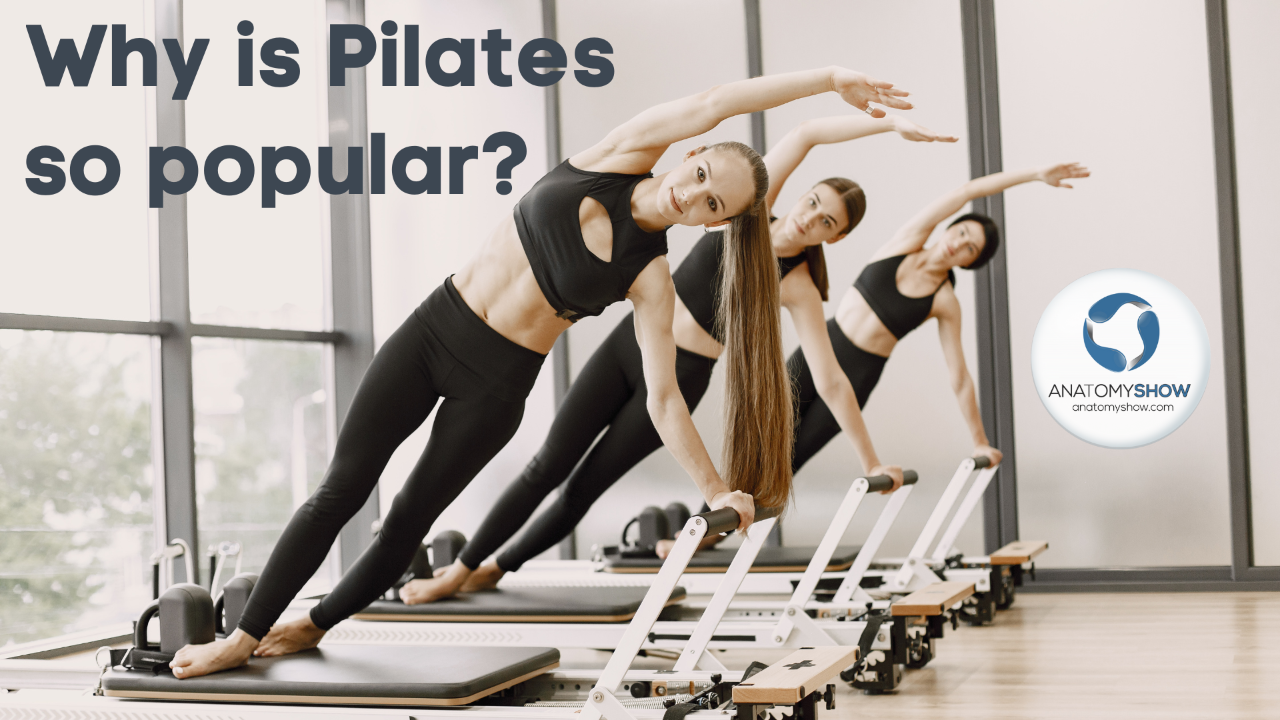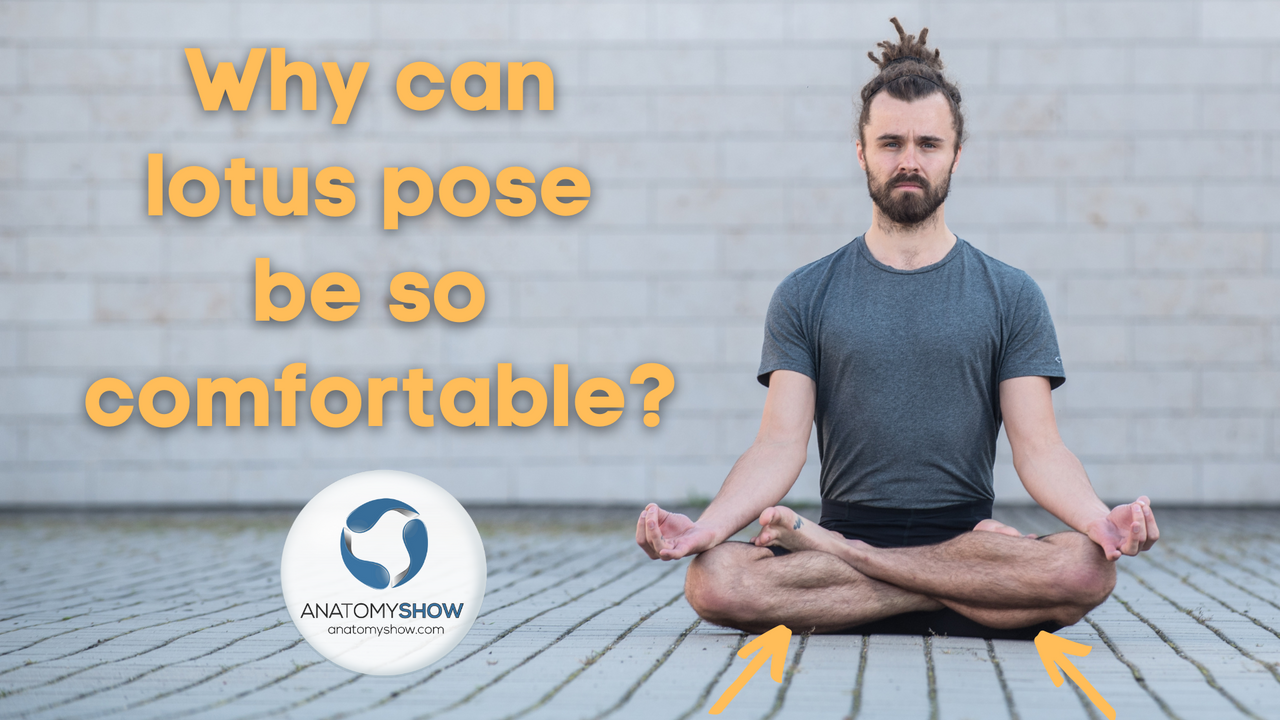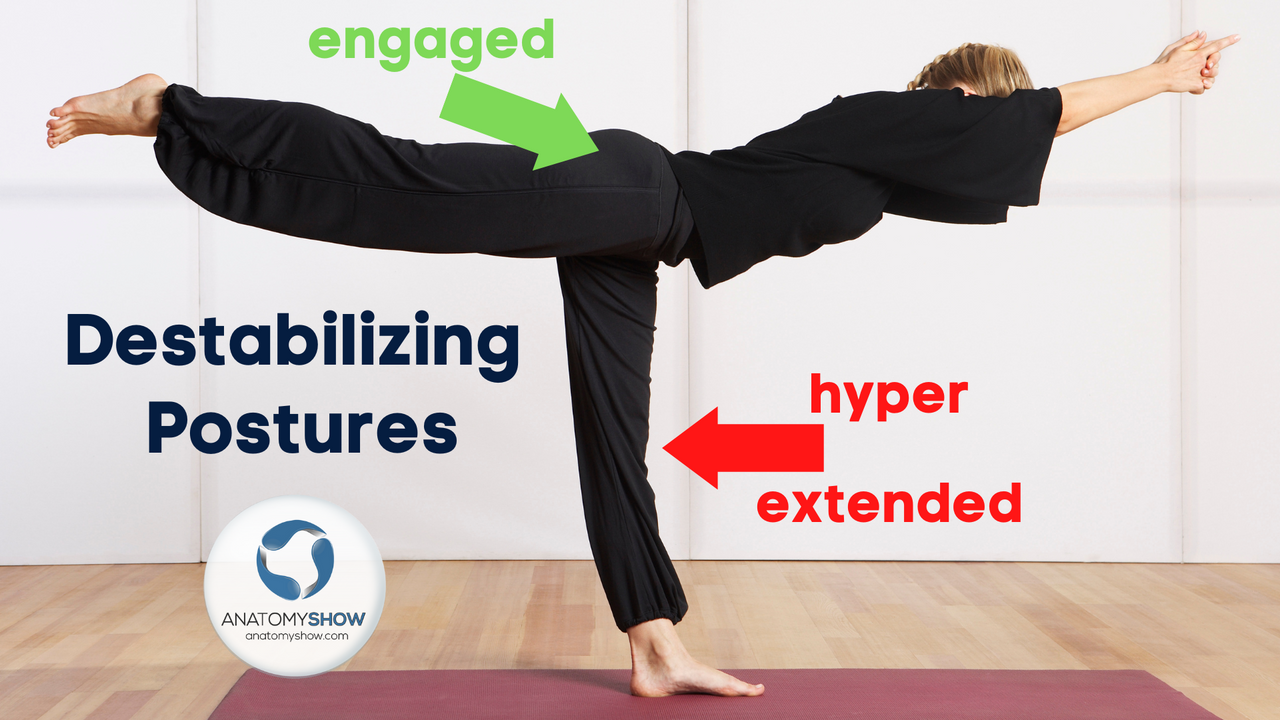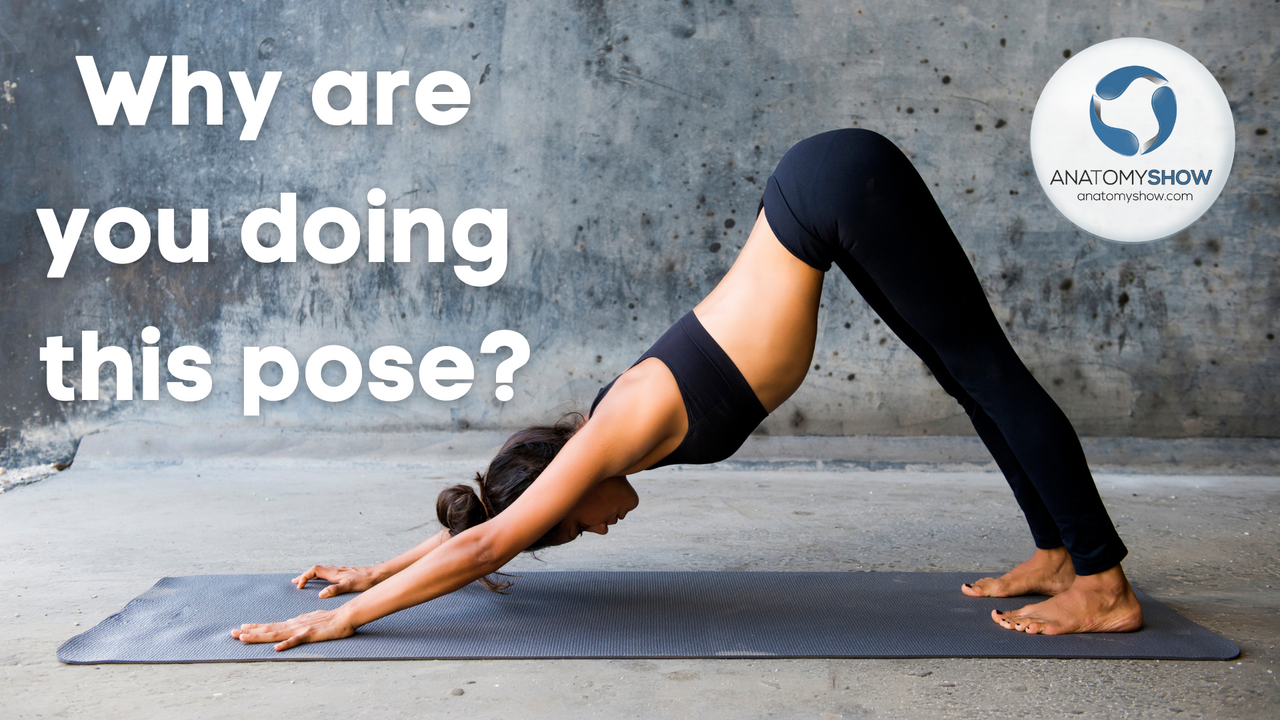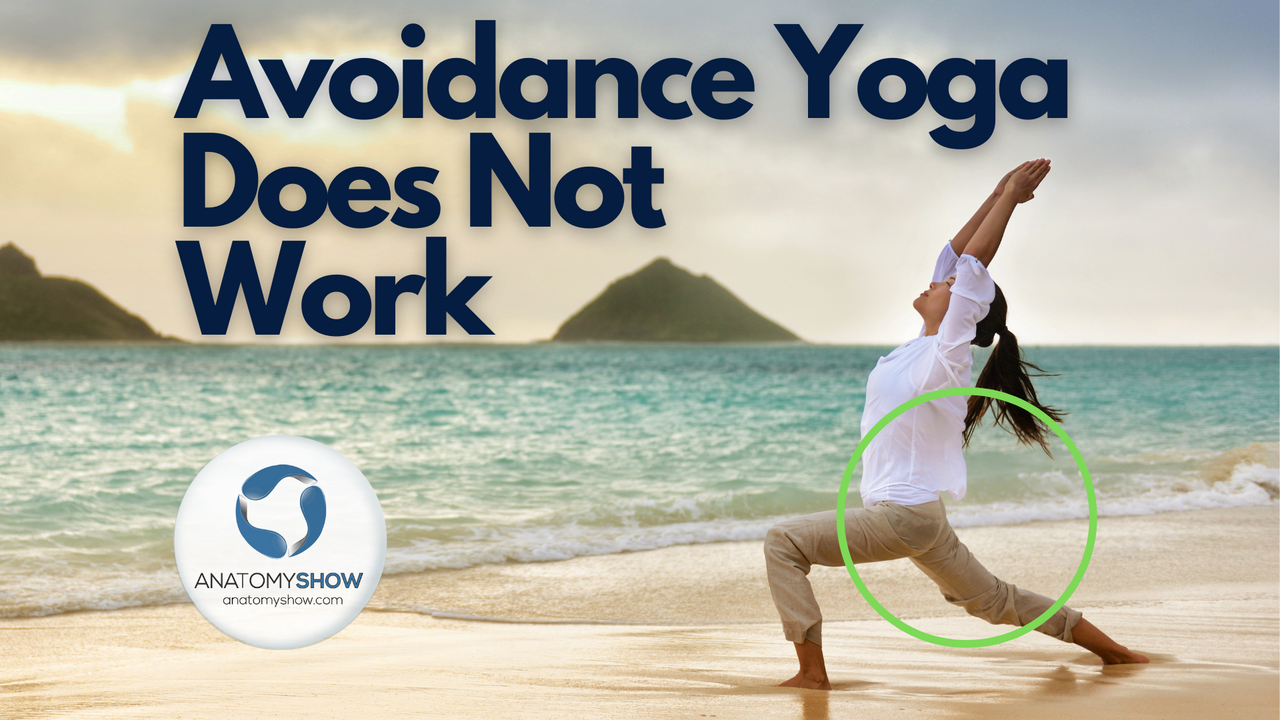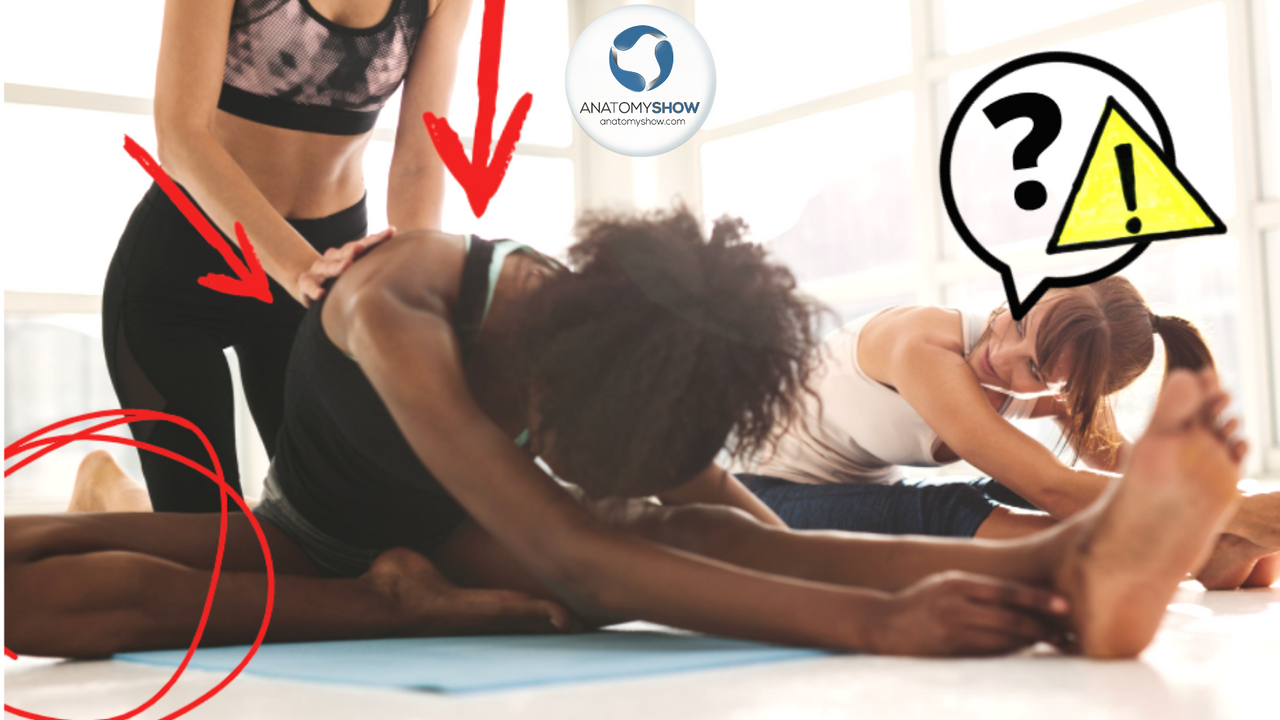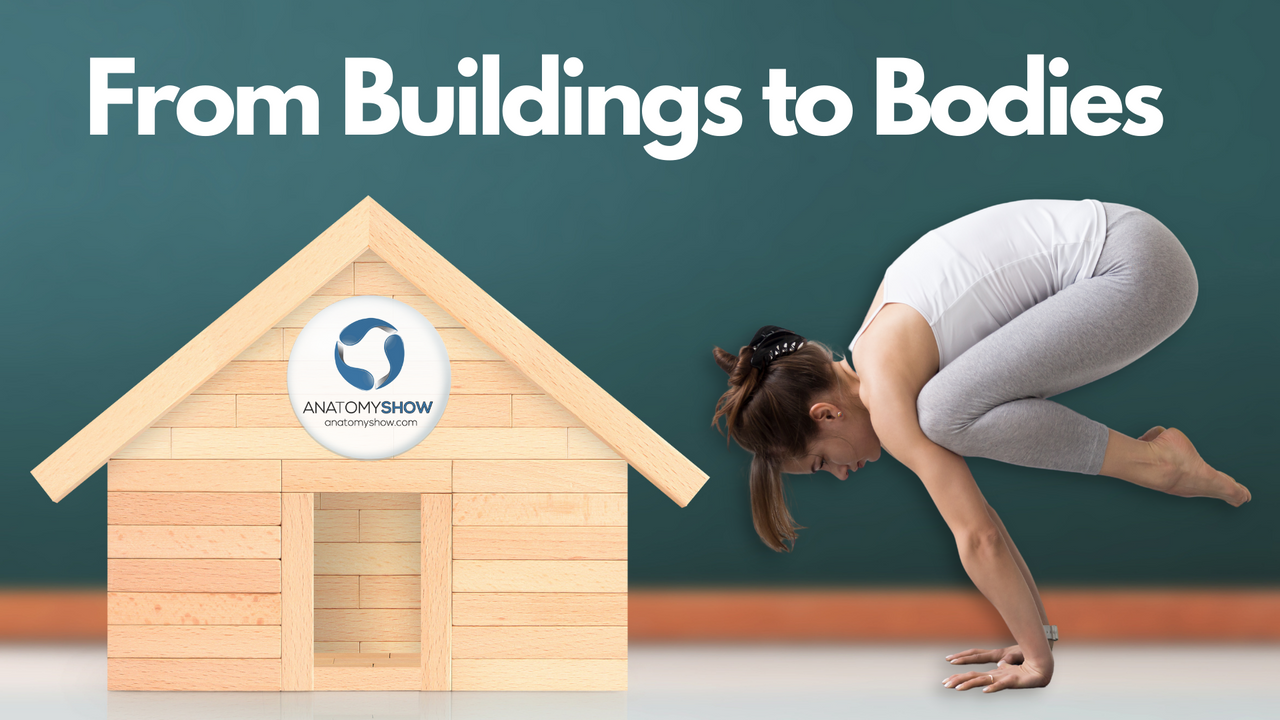The AnatomyShow BLOG
Yesterday I was sitting together with another senior yoga teacher to catch up after some time of not seeing each other.
Invariably at some point the conversation spiralled back to yoga practice and teaching.
What we had noticed was a continued rise of the popularity of Pilates training, studios and e...
Hip mobility, glute strength, and internal rotation are essential components of a healthy movement system. The fascia, the connective tissue network that surrounds and supports the muscles, bones, and organs of the body, plays a critical role in optimizing these components.
Hip Mobility from a Fasc...
Yoga is a holistic practice that emphasizes the integration of body, mind, and spirit. Some of the fundamental postures of yoga are forward bends, which are essential for the stretching and releasing of the spine, hamstrings, and hip flexors. However, like any other physical activity, there are risk...
Lotus pose, or padmasana, often appears in texts and imagery as the essential seated posture for meditation or pranayama (breathing practices). Lotus pose is of course found in various asana (posture) practices of many styles of yoga.
In posture practices, lotus pose is not held for significant lengt...
Are you still making this mistake?
Warrior 3 can be a strong pose. Both as a challenging balance and to lift the body horizontally into a line or slight back bend.
We might feel the muscle engagement in the hamstring area of the lifted leg, most people might also notice the gluteal muscles working har...
This question is not just about downward dog yoga posture. The enquiry can be expanded to question the practice of any pose.
Maybe we can ask what the purpose of any given pose might be.
For you. Not the general purpose. The general purported purpose you can look up in many available yoga books from ...
Upward facing dog was amongst the first yoga postures we practiced when I began taking yoga classes many years ago. With it came the spinal extension, the compressive feeling in the lower back and the instruction to tilt the head back and look up.
Over the years I learned this pose supposedly has ben...
What are you really challenging in boat pose / navasana?
Hip flexors, hamstrings, thigh muscles, or your back?
The leg position has a big influence on what the focus of the posture is for many of us.
This video explains why practicing with bend knees is more likely to direct the effort to your hip fle...
Be careful with sharp knives. A sharp knife can injure you more easily.
Who remembers being told this when growing up? Or maybe you still hear it now?
For workplace safety, based on these cautions, wouldn’t it be advisable for cooks and chefs to have blunt knives? That would ensure more consistency ...
Most of us have areas or regions in the body that complain in some way when asked to move or when put under pressure.
One way to describe these ‘complaints’ is pain.
A very common response to pain that is experienced in yoga classes is to receive the instruction to avoid the movement or posture.
Avoid...
Any yoga posture is an adjustment of our posture. From a more generalized perspective that is.
The question if adjustments make your practice better or worse, we’ll leave for a different discussion.
Think of yourself standing somewhere, in line to get a beverage maybe. Would you be like a good majorit...
There is an interesting and very important difference between living and man-made structures.
While it may seem obvious, some of these differences are still neglected today when movement and postures are considered, as for example, in modern yoga teaching.
Right now, I’m building a little cabin / tiny...

